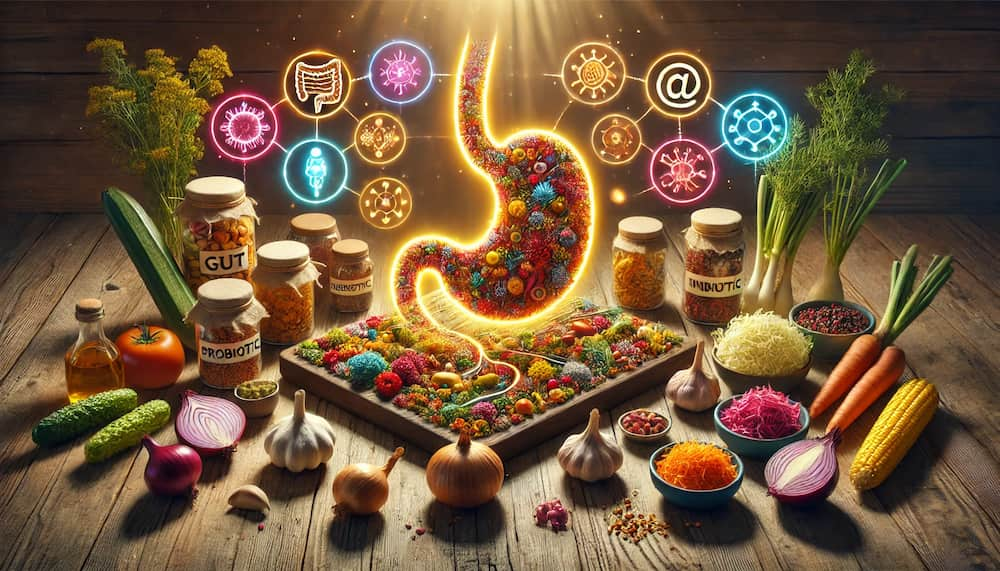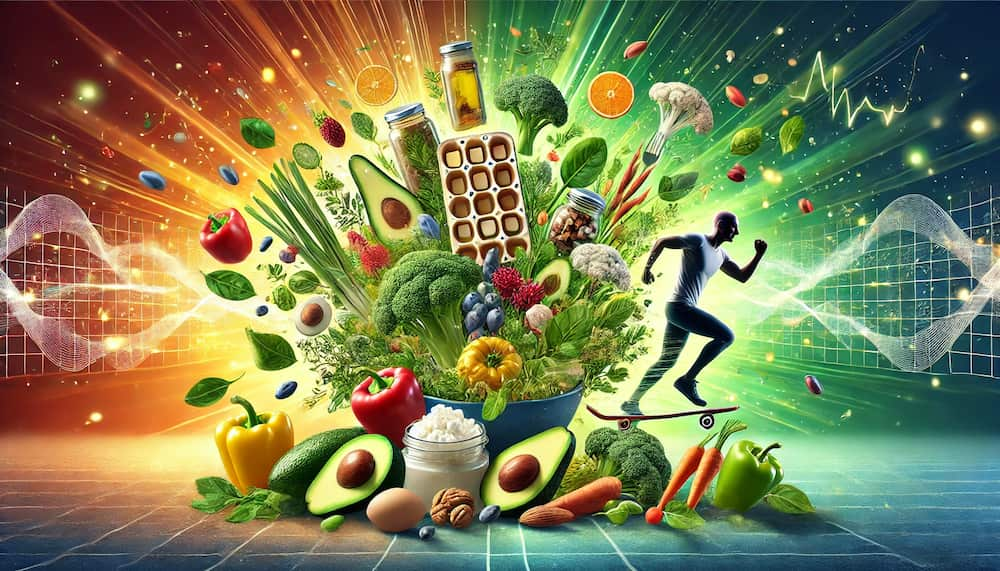Nutrition plays a central role in maintaining health, but you might not realize that good nutrition is also essential for healing. The human body requires certain nutrients to function, but those nutrients also support the body’s natural healing process.
Whether it’s a broken bone, a major wound, or any other kind of injury, here’s why you want to prioritize nutrition throughout your healing journey.
Nutrition will help you sleep better.
Sleep is critical for healing because that’s when your body goes into self-repair mode. If you’re not getting deep, restful sleep, it will impact your ability to heal. For example, if you’ve been hurt in a car accident, and you’re dealing with serious injuries, you need to be getting high-quality sleep to aid your recovery process.

Part of this requires having a lawyer to fight your legal battles, but eating nutritious food plays a role, too. For example, high glycemic diets, as is the case with junk food, can induce insomnia and make it hard to stay asleep.
Avoiding stimulants and depressants helps with healing.
Part of good nutrition involves avoiding stimulants and depressants. If stressful or worrisome thoughts are keeping you up at night, caffeine is the last thing you want to consume. Caffeine can keep you up for hours and may keep your body in fight or flight mode for an extended period of time, which can prolong the healing process.
Alcohol can have even worse consequences. Consuming alcohol not only prolongs healing, but it can create adverse reactions with medications.
Some foods can also stimulate your nervous system, like onions. Depending on how sensitive you are to stimulants, you should check with your doctor to make sure you know what foods to avoid while your body heals. However, as you’ll learn in the next point, onions can actually be quite healing.
A healthy gut boosts your immune system.
Since 70% of your immune system is located in your gut flora, gut health plays a central role in your body’s ability to heal. By maintaining a healthy gut with prebiotics and probiotics, along with foods high in fiber, you can keep your gut healthy and happy.

For instance, onions and garlic make excellent prebiotics, and sauerkraut and other fermented foods do wonders to maintain gut health.
Solid nutrition will supply you with energy.
When you’re injured, there’s a good chance you’re low on energy. Even if you have some physical energy, it can be mentally draining to handle daily life while you don’t feel good. Managing responsibilities, kids, pets, going to work, and just going to the store can be exhausting when you’re hurt. Paying attention to what you eat and ensuring you’re getting solid nutrition can help.

Certain foods provide the body with more energy than others, and some foods deplete that energy. For example, if you’re not currently active, you’ll get more energy out of foods high in good fats, like avocados, butter, and nuts if you allow yourself to limit carb intake because your body will start burning fat for fuel. On the other hand, eating foods high in sugar can actually deplete your energy and make you feel lethargic.
Eat plenty of green vegetables, like kale, broccoli, zucchini, green beans, and spinach. However, vegetables and fruits of all colors will fuel your body, including cauliflower, apples, oranges, and carrots.
Proteins are required for cellular repair.
Proteins, which are just strings of amino acids, are essential for cellular repair. Some of the best protein sources include fish, eggs, chicken, and beef. If you don’t eat meat, you can get a complete protein from quinoa. Beans, lentils, and oats all make excellent sources of protein.
Support your healing process with good nutrition.
Finding peace of mind and eliminating sources of stress is a crucial part of healing.
Use nutrition to your advantage and eat foods that make you feel good and don’t bring you down.

For example, packaged foods full of synthetic chemicals and toxic ingredients can alter your body’s chemistry, including your hormones, and keep you in a state of stress. It’s also a good idea to avoid wheat since it contains lectins that stimulate inflammation. While inflammation is a natural part of the healing process, you don’t want to induce it unnecessarily.
By cooking fresh vegetables and making your meals from scratch, your body will have all the fuel it needs to keep you relaxed while your physical healing takes place.
